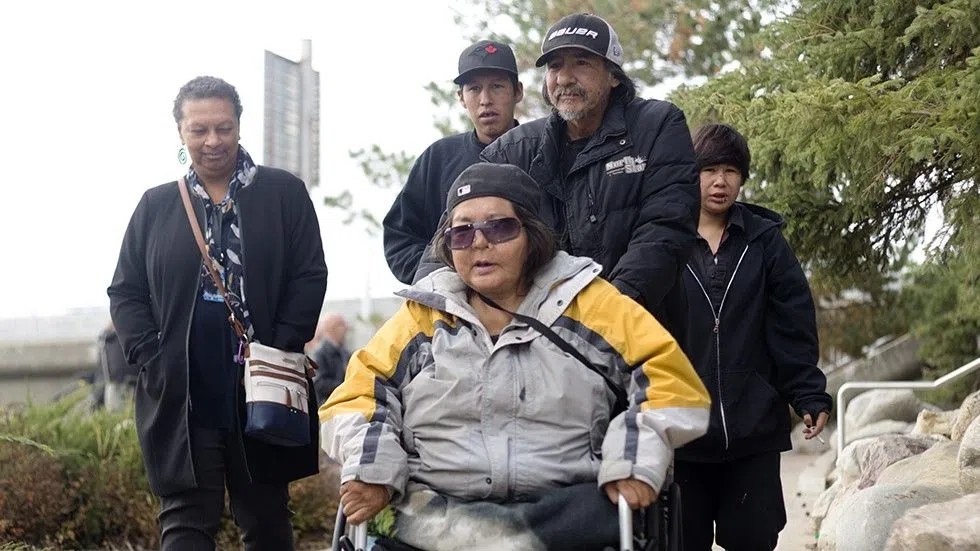
Year in Review: Tragic tale of Marlene Bird comes to an end
As 2017 draws to a close, paNOW is taking a look back on the most important and impactful stories of the year, selected by our reporters and editorial staff.
—
One of the saddest stories in Prince Albert’s history came to an end this year, with the death of Marlene Bird and the sentencing of the man whose incredibly violent attack thrust her permanently into the public spotlight.
Marlene Bird was attacked and left for dead by Leslie Ivan Black. She was discovered in a downtown parking lot June 1, 2014 badly burned and barely conscious, having suffered a brutal and prolonged assault. Bird, a grandmother originally from the Montreal Lake Cree Nation, was brutally beaten and stomped by her attacker. Worst of all, Black lit the barely-conscious Bird on fire with a lighter before leaving the scene. As the flames licked at his victim, Black walked to a nearby convenience store and bought candy, passing by the scene on his way home without stopping.


